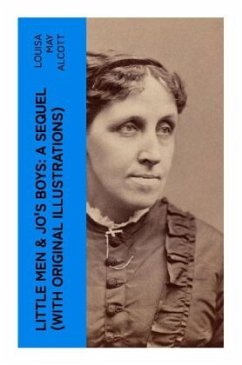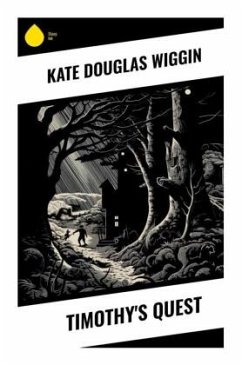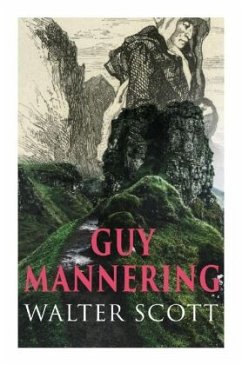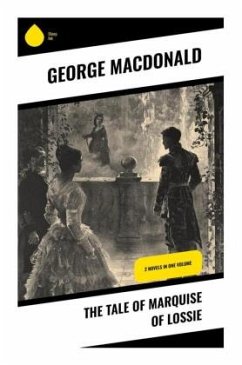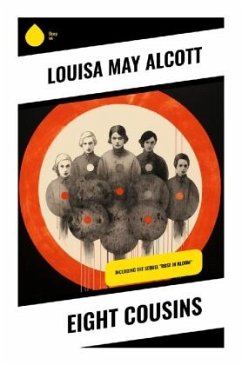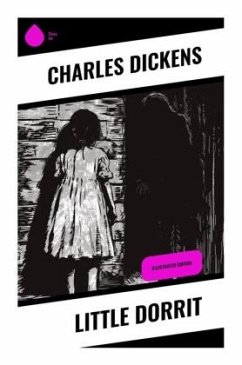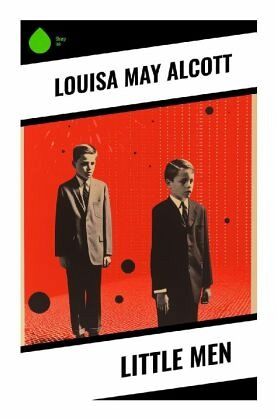
Little Men
Versandkostenfrei!
Versandfertig in 6-10 Tagen
17,10 €
inkl. MwSt.

PAYBACK Punkte
0 °P sammeln!
In "Little Men," Louisa May Alcott continues the beloved tale of the March family, shifting focus from the trials of the sisters to the lively adventures at Plumfield, a school for boys founded by Jo March and her husband, Professor Bhaer. Intertwining themes of education, morality, and the bond of friendship, Alcott employs a warm and engaging literary style rich with vivid descriptions and lively dialogue. Set against the backdrop of post-Civil War America, the novel explores societal roles and the importance of nurturing creativity and individuality in boys, shedding light on contemporary d...
In "Little Men," Louisa May Alcott continues the beloved tale of the March family, shifting focus from the trials of the sisters to the lively adventures at Plumfield, a school for boys founded by Jo March and her husband, Professor Bhaer. Intertwining themes of education, morality, and the bond of friendship, Alcott employs a warm and engaging literary style rich with vivid descriptions and lively dialogue. Set against the backdrop of post-Civil War America, the novel explores societal roles and the importance of nurturing creativity and individuality in boys, shedding light on contemporary debates surrounding gender roles and education. Louisa May Alcott, a pioneer of children's literature and a strong advocate for women's rights, drew inspiration for "Little Men" from her own experiences growing up in a progressive household and her work with boys at a boarding school. The novel reflects her unwavering belief in the potential of every individual, particularly in the face of adversity, and showcases her ability to combine personal sentiment with broader social commentary, enhancing her legacy as a trailblazer in literature. "Little Men" is not only a delightful continuation of the March family's adventures but also serves as a critical study of the formative years of boys, making it essential reading for anyone interested in the evolution of children's literature and the exploration of character development. Alcott's whimsical yet profound storytelling invites readers of all ages to reflect on education, moral integrity, and the complexities of growing up.



